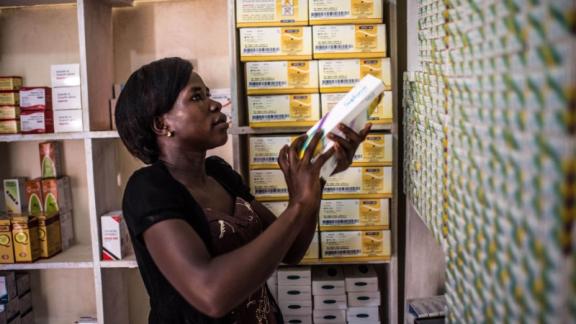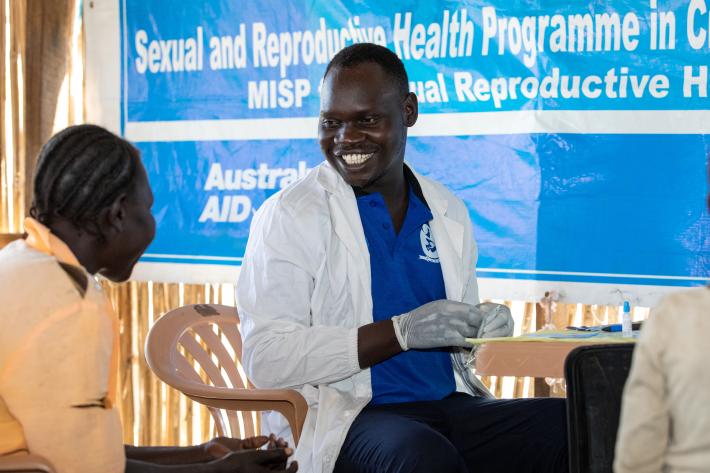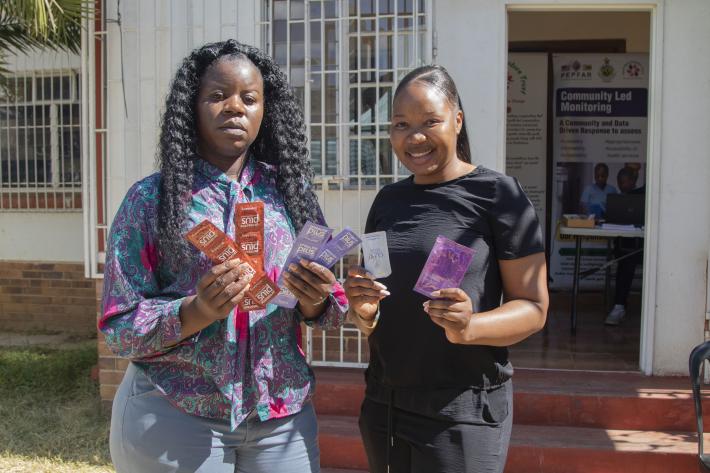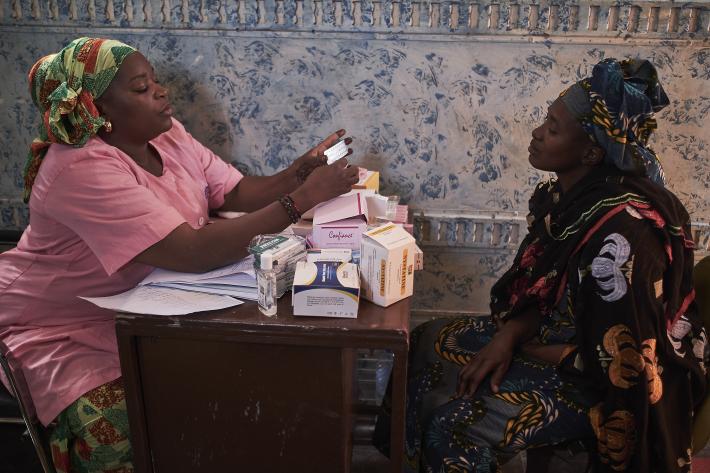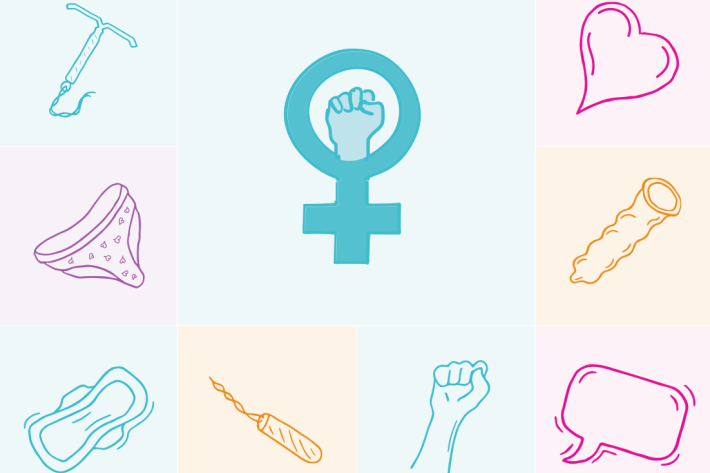Spotlight
A selection of resources from across the Federation

IMAP Statement on Preventing Female Genital Mutilation
This statement provides guidance to prevent, respond to and mitigate the impact of FGM.
Filter our resources by:

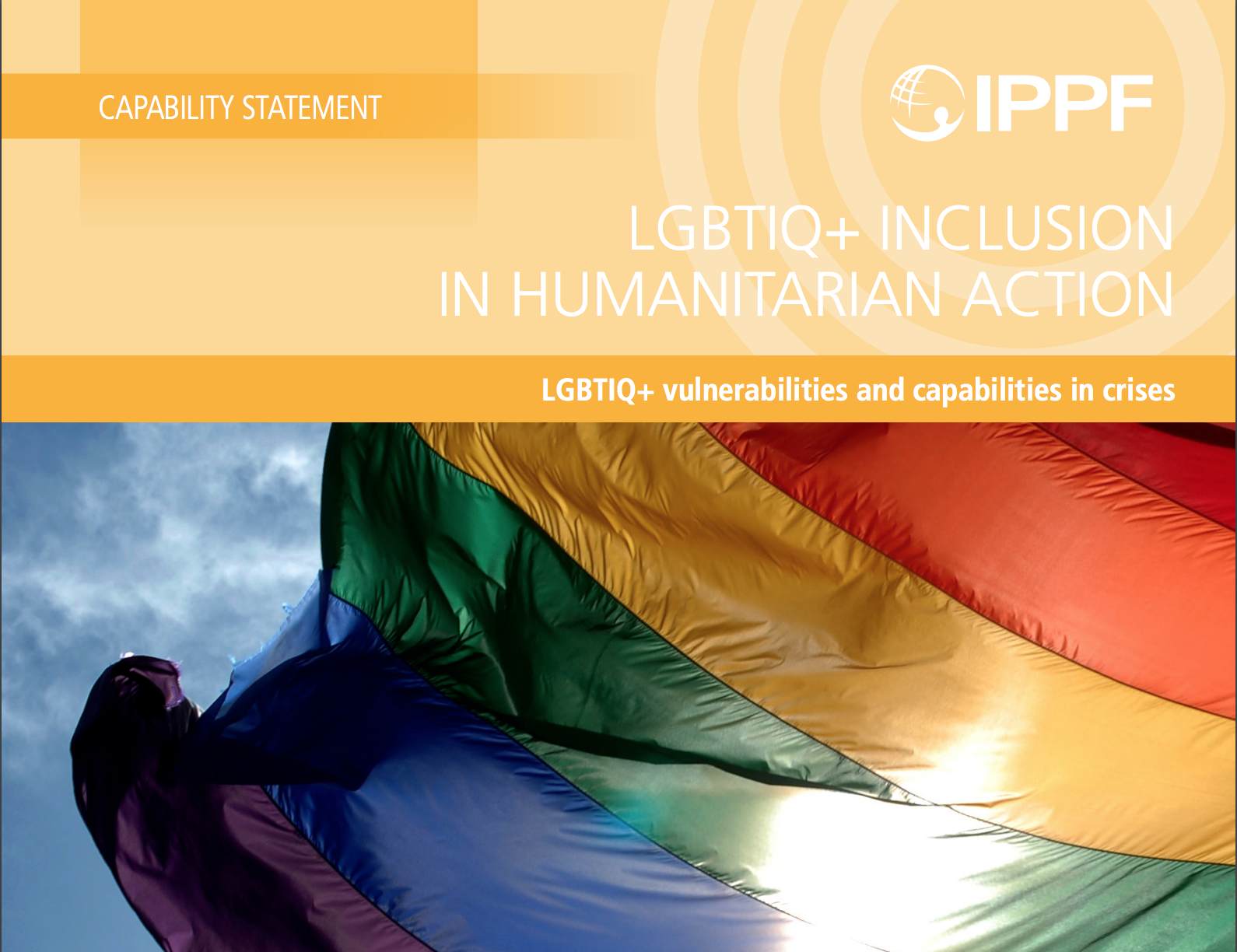
| 18 June 2019
Capability Statement: LGBTIQ+ Inclusion in Humanitarian Settings
The vulnerabilities of marginalised people, including Lesbian, Gay, Bisexual, Transgender, Intersex and Queer (LGBTIQ+) persons, are often exacerbated in disasters, emergencies and crises. This is including their access to quality and non-discriminatory sexual and reproductive health (SRH) services and information. SRH is a human right and an essential component of the overall health and protection package in a humanitarian response. Providing comprehensive, high-quality SRH services in humanitarian settings requires a multisectoral and integrated approach to reach the LGBTIQ+ community. Though the LGBTIQ+ community is often more vulnerable, they also have strong capabilities to cope in the aftermath of disasters, and to leverage social networks in preparedness, relief and recovery phases for themselves and their communities, something that the humanitarian community should leverage based on the principles of ‘do no harm’ and ‘leaving no one behind’.
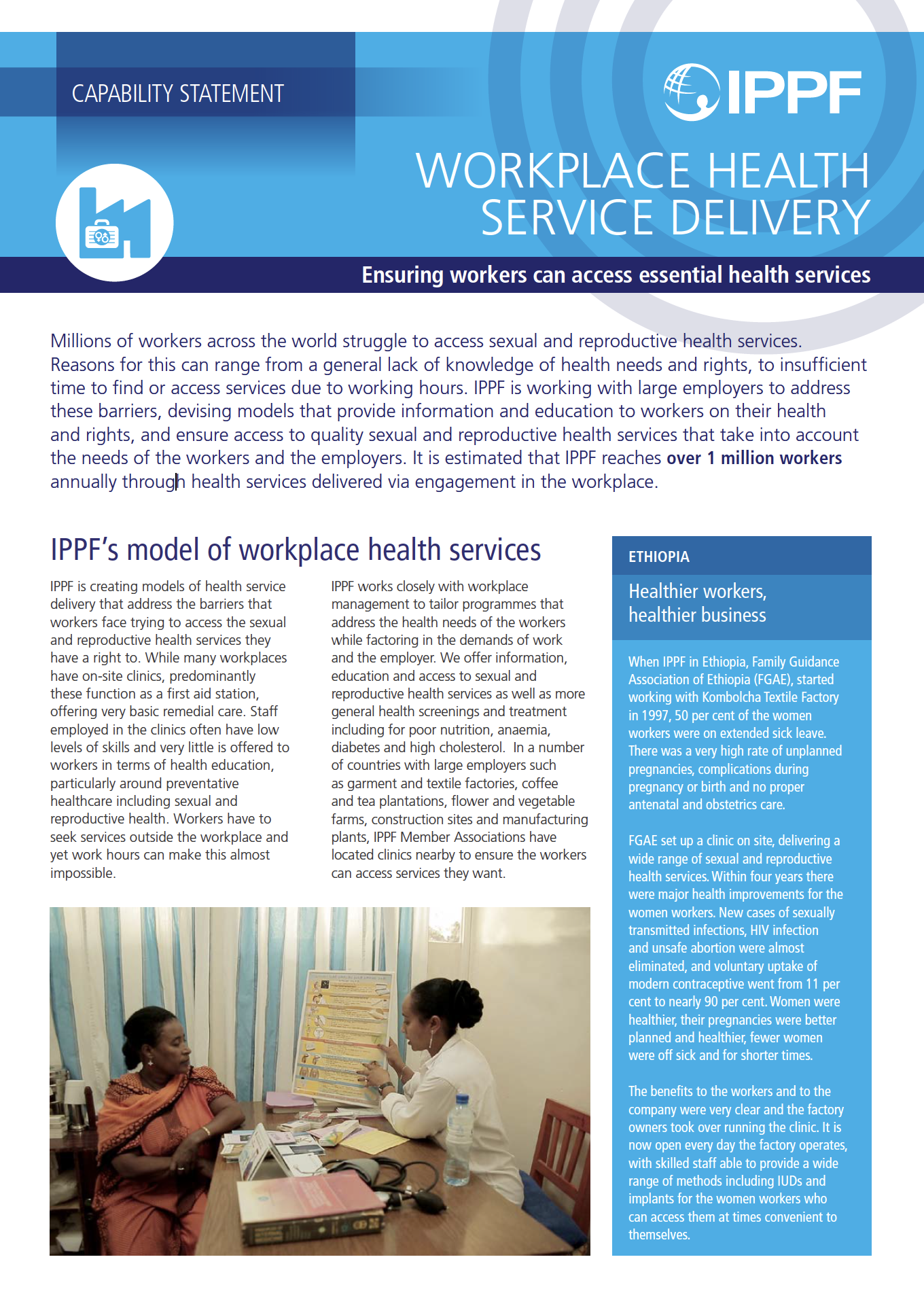
| 13 June 2019
Workplace Health Service Delivery - IPPF Capability Statement
Millions of workers across the world struggle to access sexual and reproductive health services. Reasons for this can range from a general lack of knowledge of health needs and rights, to insufficient time to find or access services due to working hours. IPPF is working with large employers to address these barriers, devising models that provide information and education to workers on their health and rights, and ensure access to quality sexual and reproductive health services that take into account the needs of the workers and the employers. It is estimated that IPPF reaches over 1 million workers annually through health services delivered via engagement in the workplace.
| 11 June 2019
At a Glance 2018
At A Glance provides a pocket sized summary of the Annual Performance data for easy on demand data to answer all your questions. At A Glance is available also in Arabic, French, Japanese, Korean, Portuguese and Spanish.
| 11 June 2019
2018 Annual Performance Report - APR
This Annual Performance Report presents progress in implementing the Strategic Framework. In 2018, IPPF delivered 223.2 million sexual and reproductive health services and contributed to 163 policy and legal changes in support of sexual and reproductive health and rights. Each section of the report presents an overview of the key performance results for our four outcome areas and is supplemented with case studies from countries across IPPF.

| 24 May 2019
The Period Quiz
The Period QuizAbout half the world’s population menstruates at some point in their lives, but periods are still a big taboo in many places. What do you really know about the flow? Find out in our quiz...How many periods does the average person have in a lifetime?Only girls and women get periodsAt what point during the menstrual cycle is someone most likely to get pregnant?How much blood does the average person lose during a period?What proportion of girls in Ghana sometimes miss school due to their periods?What is the lifetime cost of a period in the UK?How many menstruators in India use unsafe materials (such as ashes and mud) to manage their periods?Good try! ? If you learned something new today, scroll down to share this with friends.Great work! ? If you learned something new today, scroll down to share this with friends.
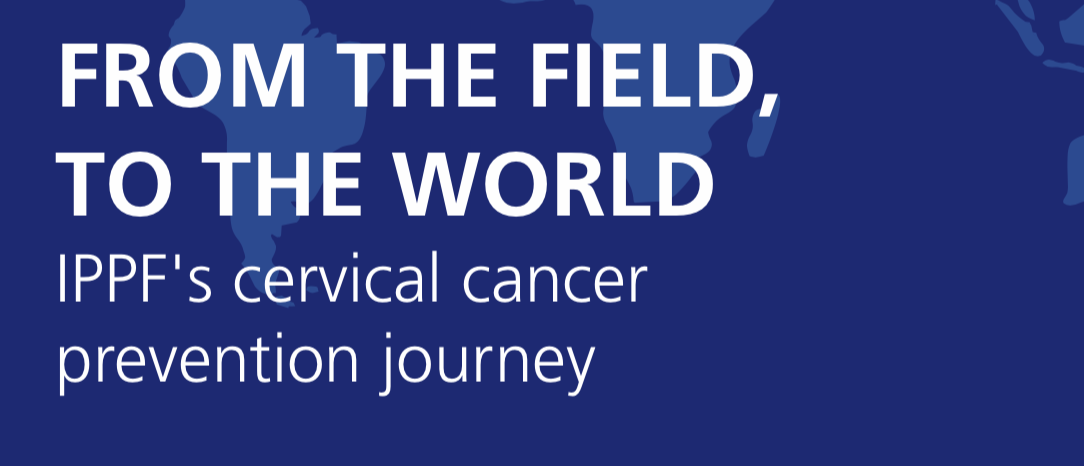
| 22 May 2019
From the Field to the World: IPPF's cervical cancer prevention journey
Cervical cancer, a preventable illness, is the fourth most frequent cancer in women, with an estimated 570,000 new cases in 2018 representing 6.6% of all female cancers. An increasing number of SRH organizations are working to introduce and/or strengthen cervical cancer prevention programmes with the aim of increasing their impact on the reduction of mortality and morbidity. IPPF´s work on cervical cancer prevention is guided by our commitment to health equity, gender equality and women’s rights. The purpose of this International Planned Parenthood Federation (IPPF) How-to-Guide to Cervical Cancer Screening and Treatment Programmes is to contribute to the implementation of stronger secondary prevention programmes for cervical cancer and high quality referral services to primary and tertiary care in order to reduce related incidence and mortality in the long term. You can find a digital and mobile friendly version of the How-to-Guide to Cervical Cancer Screening here. The IPPF Cervical Cancer Strategy 2020–2024 has been developed to strengthen and expand IPPF Comprehensive Cervical Cancer Prevention (CCCP) work. This Strategy is aligned with the IPPF Strategic Framework 2016–2022, Gender Equality Strategy and Implementation Plan, Secretariat Business Plan, IPPF Advocacy Common Agenda, and the global trend for cervical cancer prevention (90-70-90 target). This Strategy will lead the IPPF Secretariat and MAs to: Adopt a multi-sectoral approach to integrate CCCP into women’s health programmes, NCD control programmes, and essential health services of UHC. Develop and distribute context-specific and age-appropriate information to achieve long-term social and behavioural change. Introduce and scale up CCCP through identifying missed opportunities, adopting an optimization approach and single-visit approach for cervical cancer screening and treatment, and enabling CCCP via different service delivery channels. Generate additional resources to expand and strengthen MA-led CCCP across the Federation.
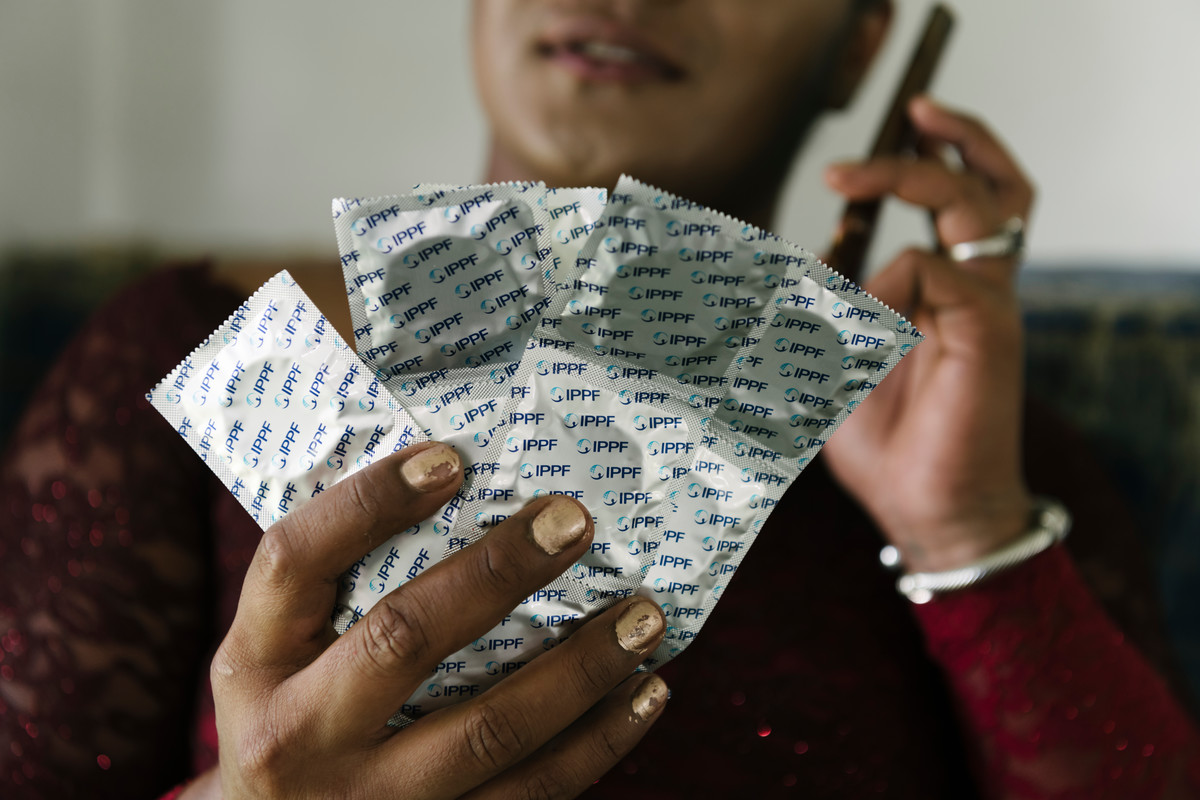
| 18 April 2019
The Condom Quiz
The Condom QuizCondoms have existed in some form or other for centuries, and they remain one of the most popular forms of contraception for their ease of use, portability and price. What else do you know about the trusty condom? Find out in our quiz... :point_down:There’s only one type of condom.How often do condoms break/slip off?Condoms are the only form of contraception that protects against STIs.Condoms can cause premature ejaculation in men.How effective are condoms at preventing pregnancy?Condoms make sex less pleasurable.People in long term relationships don’t need to use condoms.Good try! ? If you learned something new today, scroll down to share this with friends.Great work! ? If you learned something new today, scroll down to share this with friends.
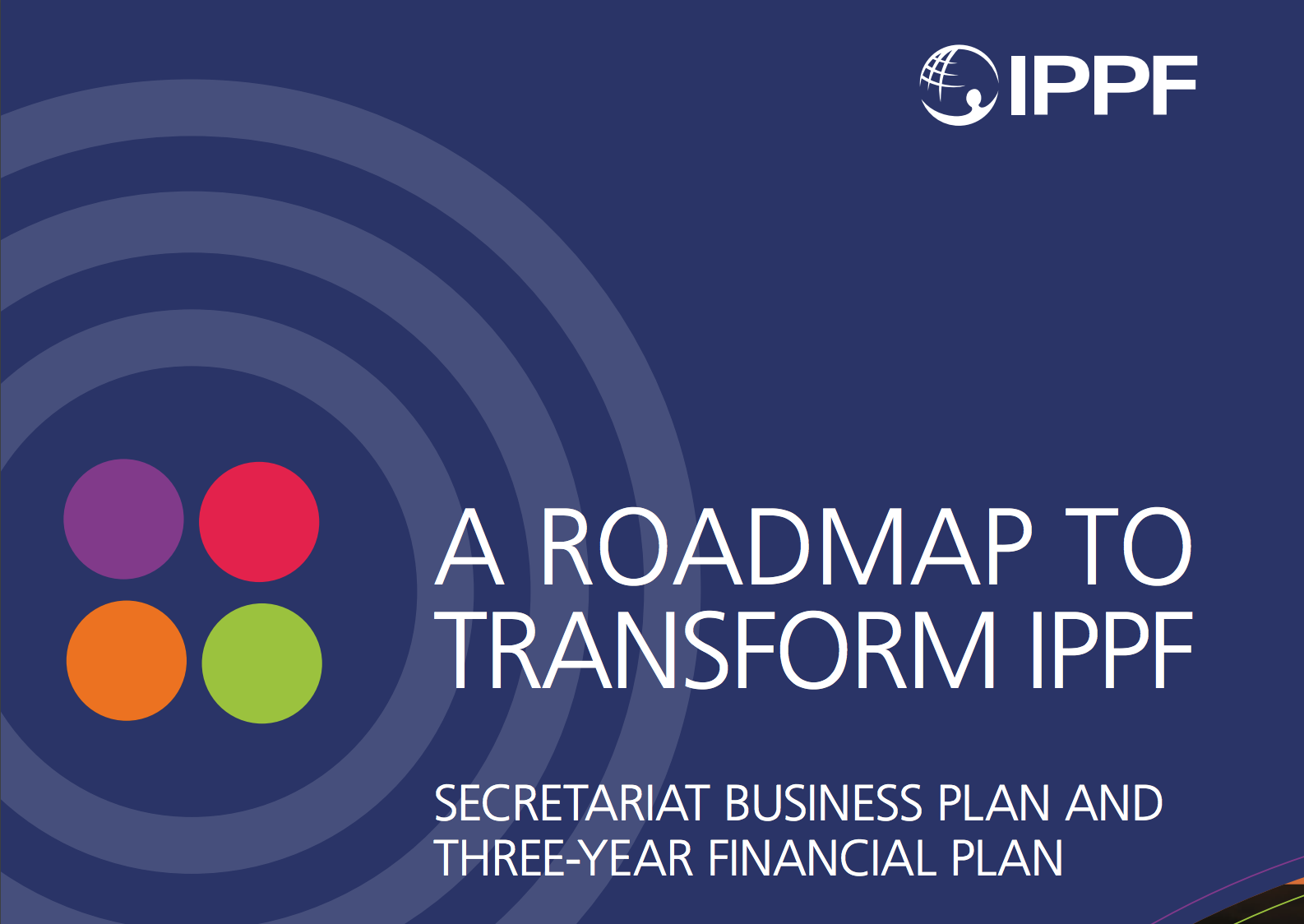
| 08 April 2019
A Road to Transform IPPF - Secretariat business plan
IPPF has developed a new comprehensive Business Plan as a clear roadmap to accelerate delivery of its Strategic Framework (2016-2022). The goal is to boost performance by closing delivery gaps, unleashing capabilities throughout the Federation, and changing the organisation’s culture. It identifies six areas where we most need to improve and where we need to intensify efforts in order to achieve the Strategic Framework targets. In early 2018, IPPF created solution teams to design initiatives to close gaps in each of the six solution areas. Representatives from all six teams came together with technical staff to adopt a multi-disciplinary approach, ensuring that key cross-cutting issues – gender equality, vulnerable populations and young people – were integrated. The process was highly participatory and inclusive, involving Member Associations (MAs), the Secretariat, donors and partners. The Business Plan was launched in mid-March 2019 and will provide impetus to deliver the targets put forward in the Strategic Framework. IPPF’s approach is evolving to become more MA-centric with the Secretariat playing a key role as an architect of cooperation. The Business Plan identifies areas where an MA can provide the support and technical assistance needed to bring other MAs up to speed.

| 03 April 2019
Improving the quality and availability of post-abortion care in a humanitarian crisis
The world is facing stronger and longer natural disasters, protracted complex emergencies, conflicts and epidemics. These humanitarian crises can expose weakness in health systems, with particularly serious consequences for women and girls in need of reproductive health care. To improve the quality and availability of post‑abortion care during a flood, the University of Leicester and International Planned Parenthood Federation South Asia Region (IPPF-SAR), in collaboration with the Government of Bangladesh, developed and measured the impact of an integrated intervention package, called RHCC. First tested in a flood-prone area of Bangladesh, this novel approach includes: i) Pre-positioning medicines and supplies, using the UNFPA’s Inter-Agency Reproductive Health Kit 8; ii) Capacity building of service providers; and iii) Community awareness raising. Supported by IPPF's Innovation Programme, the project aligns with IPPF’s commitment to ensuring that crisis-affected populations receive timely, quality, life-saving, gender-responsive and inclusive sexual and reproductive health services.

| 01 March 2019







